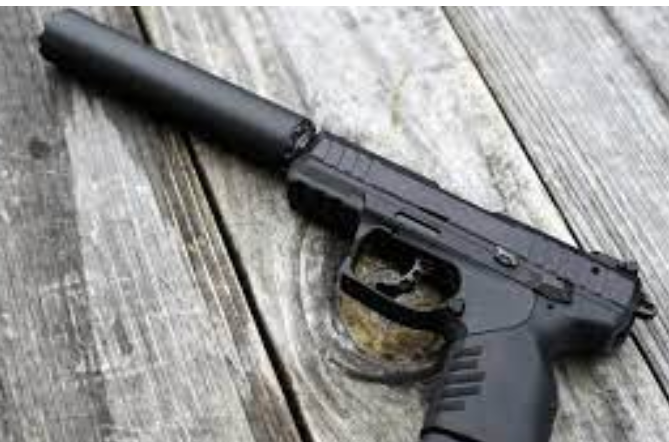The NFA and Antique Firearms: What’s Exempt?
The National Firearms Act (NFA) is actually a federal legislation that oversees the exchange and property of firearms classified as Headline II tools. These weaponry are commonly known as unit firearms, silencers, brief-barreled rifles, brief-barreled shotguns, and destructive gadgets. The NFA was launched in 1934 as part of the movements to lower the application of tools related to organized criminal activity. It absolutely was later amended in 1968 to incorporate extra requirements for firearms merchants national firearms act and restrict the importation of firearms from international places. Within this comprehensive manual, we shall get a good look in the NFA as well as its essential provisions.
One of the many requirements in the NFA is the sign up of Headline II firearms together with the Bureau of Alcohol, Cigarettes, Firearms, and Explosives (ATF). This requires publishing a software, acquiring fingerprints, and having to pay a $200 income tax stamp for each firearm. An exception to this prerequisite will be the shift of firearms with other authorized NFA users. This process is commonly referred to as a taxation-totally free exchange or Develop 3 transfer.
An additional important supply of your NFA may be the constraint on property of Title II firearms by those who are prohibited from having firearms. Including people with a criminal history, individuals who have been adjudicated as mentally malfunctioning, and prohibited aliens. NFA firearms will also be restricted from becoming moved to those who tend not to live in the same condition since the seller or dealer. This necessity could be waived for dealers that are registered in numerous claims.
The NFA also areas constraints in the production of new Name II firearms. Including the prohibition newest unit guns for civilian use and requirements for distinct marks on NFA firearms. The creation of simple-barreled shotguns and rifles and suppressors needs endorsement from the ATF and settlement from the correct taxes stamp.
Together with limitations on thing and produce, the NFA also areas needs on firearms merchants. Merchants must have a federal government firearms license (FFL) in the ATF and abide by many regulations about record keeping, background checks, and hanging around intervals for firearm purchases. Merchants who mean to exchange NFA firearms must also obtain a particular occupational taxes stamp.
In a nutshell:
To sum up, the National Firearms Act is a government regulation that controls the move and property of Title II firearms. Enrollment with all the ATF, limits on possession by disallowed individuals, and rules on produce, shift, and sale are common key conditions of the NFA. Proper compliance using the NFA and its particular specifications may help stop the prohibited consumption of Name II firearms and advertise open public security. As with all firearms-associated law, it is very important stay updated on adjustments and requirements to make sure agreement.


